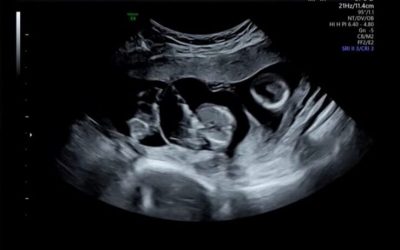
Fetal reduction, also known as selective reduction, is a medical procedure performed during a multifetal pregnancy (a pregnancy with more than one fetus). This procedure aims to reduce the number of fetuses in the womb to improve the chances of a successful and healthy pregnancy. Fetal reduction can help lower the risks associated with high-order multiple pregnancies, such as preterm birth, developmental issues, and complications for the mother.
At AVA Clinics and Fetal Centre, we understand the emotional and physical complexities surrounding fetal reduction. Our team of experienced specialists is dedicated to providing compassionate care and support throughout this delicate process. We prioritize your health and well-being, ensuring you receive the best possible care tailored to your specific needs.
Fetal reduction is typically performed between the 10th and 13th weeks of pregnancy. The procedure involves using ultrasound guidance to identify and reduce the number of fetuses. Here’s a step-by-step overview of what you can expect:

Experience quality healthcare in Guwahati. Book an appointment today.
AVA Clinic
Copyright © 2024 All rights reserved. Designed by Futurists.in